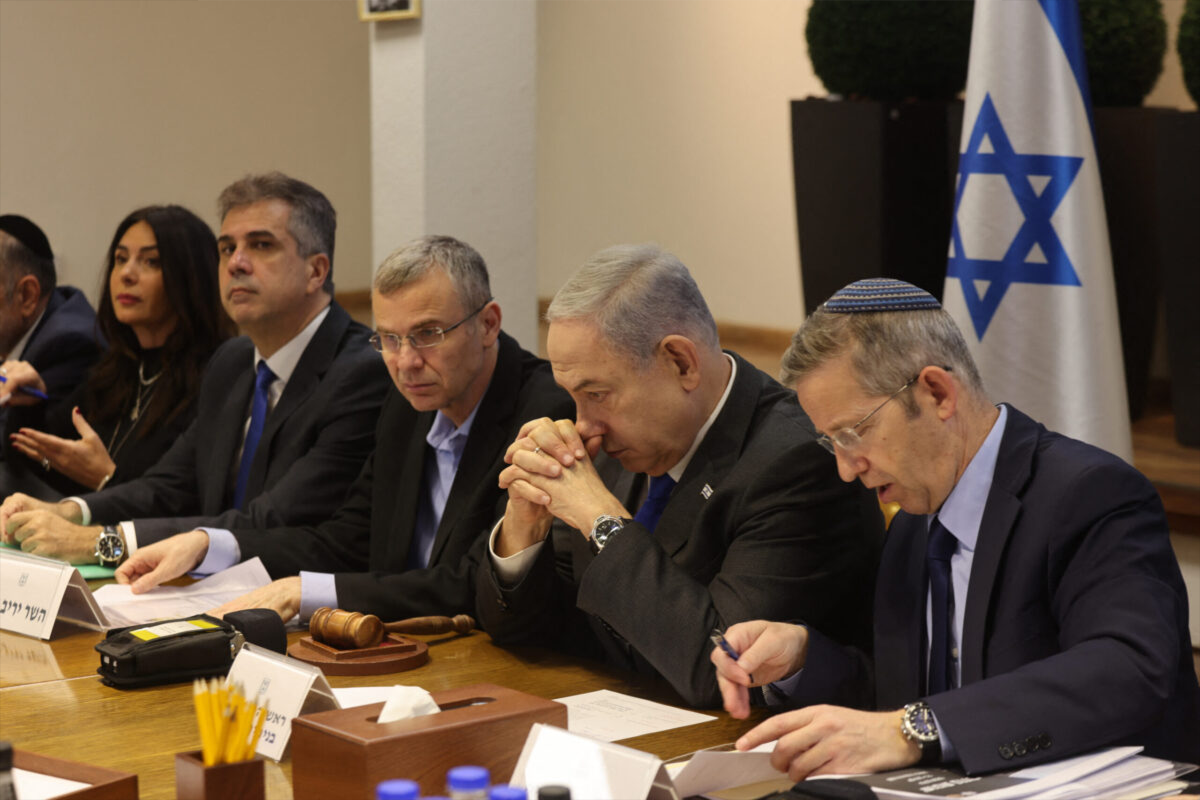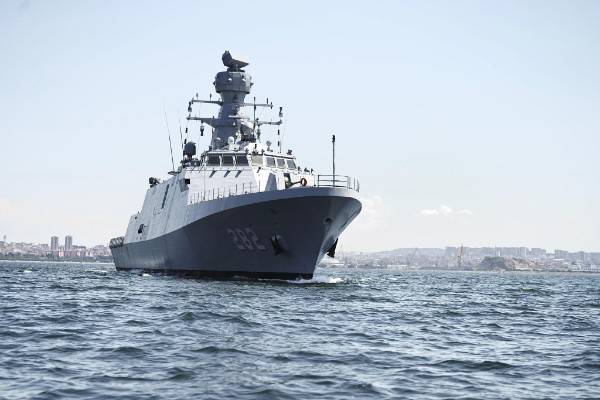Iran risks playing into Netanyahu’s hands with a strong strike on Israel. Whereas a large-scale strike would help Israel’s Prime Minister and jeopardize peace talks over Gaza. Tehran’s primary goal should be a cease-fire.
On July 31st, Ismail Haniyeh, a prominent Hamas figure, was assassinated in what many believe was an Israeli operation. He was in a facility in northern Tehran after Iran’s new President, Masoud Pezeshkian, was inaugurated. What killed him is still a mystery. According to Israeli reports, a bomb was deployed in one of the nearby rooms and exploded remotely. However, Iranian sources believe a rocket fired from a neighboring hill destroyed the building. Regardless of the manner, the episode resulted in a severe intelligence loss for Iran.
This assassination has moved the area closer to war, with Iran debating how to react to what it perceives as a huge threat from Israel. Iranian scholars say Israeli Prime Minister Benjamin Netanyahu’s actions are planned attempts to spark a larger conflict, especially as he confronts increasing demands for a cease-fire in Gaza. Netanyahu, whose popularity is decreasing, may pursue a war with Iran to save his political future. To keep his authority, he has fueled anxieties about Iran, particularly its nuclear program, for years. He now appears to be promoting conflict to prevent his defeat.
On April 1st, Israel hit the Iranian consulate in Damascus, killing numerous high-ranking Iranian military commanders. Iran’s retaliation on April 13 was strong, with drones and missiles fired toward Israel. However, the damage was minimal, largely due to the United States’ assistance with Israel’s defense. Despite this, Netanyahu maintained his tough position, making him the target of Haniyeh in Tehran. Iran’s previous response showed the limits of US support for Israel since the US avoided supporting a full counterattack, instead choosing diplomatic action. Israel eventually responded alone, attacking a single military installation, avoiding a larger battle.
After Haniyeh’s passing, Iran is now under international pressure to exercise cautiousness. Ali Bagheri Kani, the foreign minister of Iran, has been actively involved in diplomatic efforts in the past few days. He has met with the foreign minister of Jordan, attended a special meeting of the Organization of Islamic Cooperation, and communicated with diplomats from nations like Oman and Switzerland, who frequently relay messages with Iran on behalf of the US.
While diplomacy has delayed Iran’s response, it appears that Iran is prepared to retaliate. More military equipment, such as a carrier strike group and a guided missile submarine, has been sent into the area by the US in retaliation. On August 12, the leaders of the United Kingdom, France, and Germany released a statement asking Iran and its allies to avoid raising tensions that could compromise cease-fire operations and the release of hostages. The US, Egypt, and Qatar are planning a summit on August 15 to reach a ceasefire and a hostage agreement. This statement is part of a larger effort to stop the conflict from spreading. Western, Arab, and Iranian leaders agreed that success in cease-fire negotiations could turn away an Iranian attack. Iranian authorities see through President Biden’s apparent belief that Netanyahu is attempting to trap the US into a war with Iran. The conflict with Iran may provide Netanyahu with the opportunity to show himself as a hero defending Israel, but the majority of Israelis believe he should resign after the fighting is over.
Israel has agreed to send negotiators to the conference in response to pressure from the US, but Hamas now commanded by military chief Yahya Sinwar is refusing to go. Since Sinwar is said to be interested in a deal, this could be an attempt to obtain leverage. Iran could pressure Hamas to join the discussions, but it could alternatively postpone this until after its reaction. Iran is unlikely to attack during the talks to negotiate a cease-fire since doing so could cause problems. Instead, Iran might plan its attack to take place just before the discussions begin, limiting Israel’s response and ensuring the meeting goes ahead.
Iranian officials say their main goal is a long-term cease-fire in Gaza, and they will back any accord agreed by Hamas. They also believe that Iran’s right to self-defense is unaffected by the cease-fire discussions. This posture is part of Iran’s readiness for retribution, which would allow the cease-fire summit to resume shortly thereafter. Finally, Iranian officials must acknowledge that a cease-fire in Gaza would improve Iran’s security. A ceasefire would alleviate civilian suffering, restore Iran’s relations with its Arab neighbors, lessen tensions with the United States, and possibly lead to Netanyahu’s collapse. This is how Iran avoids falling into Netanyahu’s trap.

Table of Contents
ToggleHuma Zahra
Huma Zahra is a student of Peace and Conflict Studies at the National Defence University, Islamabad. She is a member of the Comprehensive Nuclear-Test-Ban Treaty Organization (CTBTO) Youth Club and actively pursuing her research with Global Defense Insight. Her fields of interest include international relations, conflict resolution, and security studies.
















2 Responses
Insightful and well structured. Looking forward to more such pieces of writing.
Insightful and well structured. Looking forward to more such writings